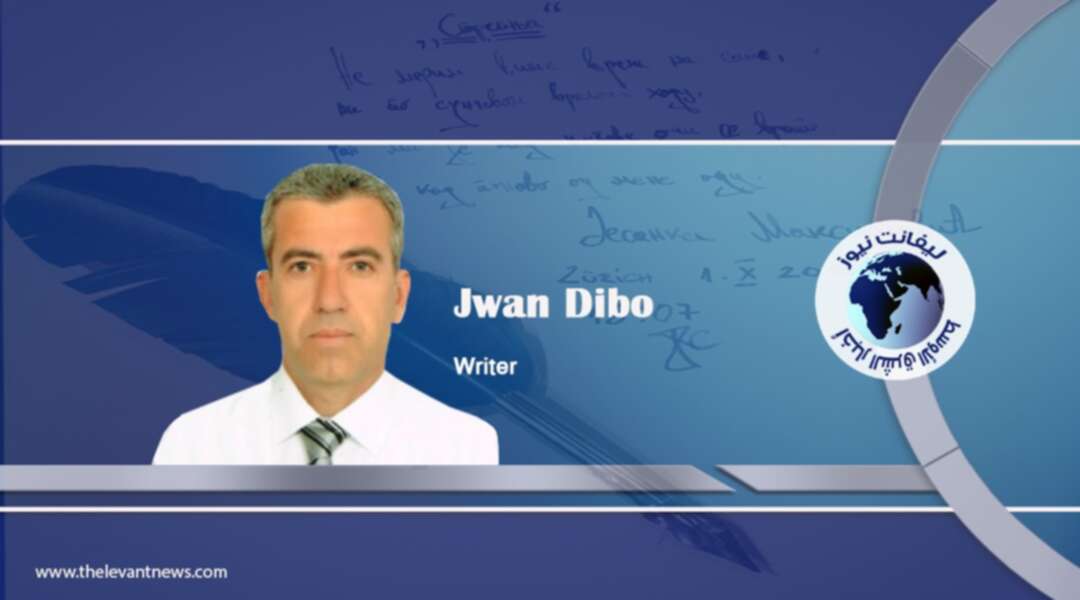-
Are We Witnessing the Emergence of a New International Order?

The Russo-Ukrainian War has raised a fundamental question about the possibility of emergence of a new international order. Thus, part of this question revolves around the likelihood of the collapse of the current Western international system.
This explains and justifies the unlimited involvement of the United States and NATO in this war. This involvement was embodied in helping Ukraine at all levels in confronting the Russian invasion and turning this war into a trap to squander Russia's military and financial capabilities.
It seems that NATO here was compelled to intervene and had no other choice since it sought to preserve the current international system that it created and presides over. If the West had not intervened, it would have been as if the West were telling Russia: We are satisfied with your quest to end our unipolar system and revive the bipolar system.
Put differently, the West would have only intervened in the manner in which it practically did, which is to help Ukraine and protract the war so that it would serve the agenda of the West. It was not expected that NATO would intervene as a mediator, trying to end the war and finding a settlement between Moscow and Kiev.
The reason is that the Russian war in Ukraine, in essence, is a war against NATO and aims to end the unipolar international system that is based on US hegemony over the world.
Putin has recently resembled himself to Peter the Great Tsar. He stated that “Peter the Great waged the great northern war for 21 years. It would seem that he was at war with Sweden, he took something from them. He did not take anything from them, he returned [what was Russia’s],”.
In contrast, the unlimited Western aid to Ukraine is not for the sake of Ukraine's sovereignty and independence, as the West is promoting, but rather for the sake of defeating and humiliating Russia in Ukraine. So, this war is a mini world war.
This was clearly indicated by former US Secretary of State Henry Kissinger at the Davos Forum, advising the West not to seek a humiliating defeat for Russia in Ukraine, warning that this might lead to instability in Europe for a long period of time.
When Russia intervened in Abkhazia and South Ossetia and wrested them from Georgia in 2008, then recognised them as independent states, the West did not interfere as it did with Ukraine. Also, when Moscow intervened militarily in Syria in late 2015 to protect the regime of Bashar al-Assad from collapse, the Western reaction was not as strong as it is in the current Ukrainian crisis.
The reason is that those interventions carried out by Russia did not constitute a real threat to the unipolar international system led by the West. However, the current Russian intervention in Ukraine forms the greatest threat to the Western international system since the fall of the Soviet Union in 1991.
Thus, if Russia succeeds in its plan in Ukraine, this could be the beginning of the end of the Western world order. Ukraine will be just the start for Russia towards restoring the fading glories of the Soviet Union, not the end.
When the Russian president cites that Peter the Great waged the Great Northern War for 21 years to recover some lands from Sweden, he hints that his current war in Ukraine might be prolonged due to the greatness of its goals for Moscow.
If it is difficult to say that the consequences of the Russian war in Ukraine will lead to the downfall of the unipolar regime led by the US, however, it will at least put more obstacles in the way of American hegemony over the world. This is if the current situation in Ukraine does not lead to a forced alliance between the Chinese dragon and the Russian bear to besiege Uncle Sam and gradually weaken him until the unipolar system led by Washington fades. This may lead to the emergence of a bipolar or multipolar system, which appears to require more time to arise.

BY: Jwan Dibo
You May Also Like
Popular Posts
Caricature
BENEFIT Sponsors BuildHer...
- April 23, 2025
BENEFIT, the Kingdom’s innovator and leading company in Fintech and electronic financial transactions service, has sponsored the BuildHer CityHack 2025 Hackathon, a two-day event spearheaded by the College of Engineering and Technology at the Royal University for Women (RUW).
Aimed at secondary school students, the event brought together a distinguished group of academic professionals and technology experts to mentor and inspire young participants.
More than 100 high school students from across the Kingdom of Bahrain took part in the hackathon, which featured an intensive programme of training workshops and hands-on sessions. These activities were tailored to enhance participants’ critical thinking, collaborative problem-solving, and team-building capabilities, while also encouraging the development of practical and sustainable solutions to contemporary challenges using modern technological tools.
BENEFIT’s Chief Executive Mr. Abdulwahed AlJanahi, commented: “Our support for this educational hackathon reflects our long-term strategic vision to nurture the talents of emerging national youth and empower the next generation of accomplished female leaders in technology. By fostering creativity and innovation, we aim to contribute meaningfully to Bahrain’s comprehensive development goals and align with the aspirations outlined in the Kingdom’s Vision 2030—an ambition in which BENEFIT plays a central role.”
Professor Riyadh Yousif Hamzah, President of the Royal University for Women, commented: “This initiative reflects our commitment to advancing women in STEM fields. We're cultivating a generation of creative, solution-driven female leaders who will drive national development. Our partnership with BENEFIT exemplifies the powerful synergy between academia and private sector in supporting educational innovation.”
Hanan Abdulla Hasan, Senior Manager, PR & Communication at BENEFIT, said: “We are honoured to collaborate with RUW in supporting this remarkable technology-focused event. It highlights our commitment to social responsibility, and our ongoing efforts to enhance the digital and innovation capabilities of young Bahraini women and foster their ability to harness technological tools in the service of a smarter, more sustainable future.”
For his part, Dr. Humam ElAgha, Acting Dean of the College of Engineering and Technology at the University, said: “BuildHer CityHack 2025 embodies our hands-on approach to education. By tackling real-world problems through creative thinking and sustainable solutions, we're preparing women to thrive in the knowledge economy – a cornerstone of the University's vision.”
opinion
Report
ads
Newsletter
Subscribe to our mailing list to get the new updates!






















